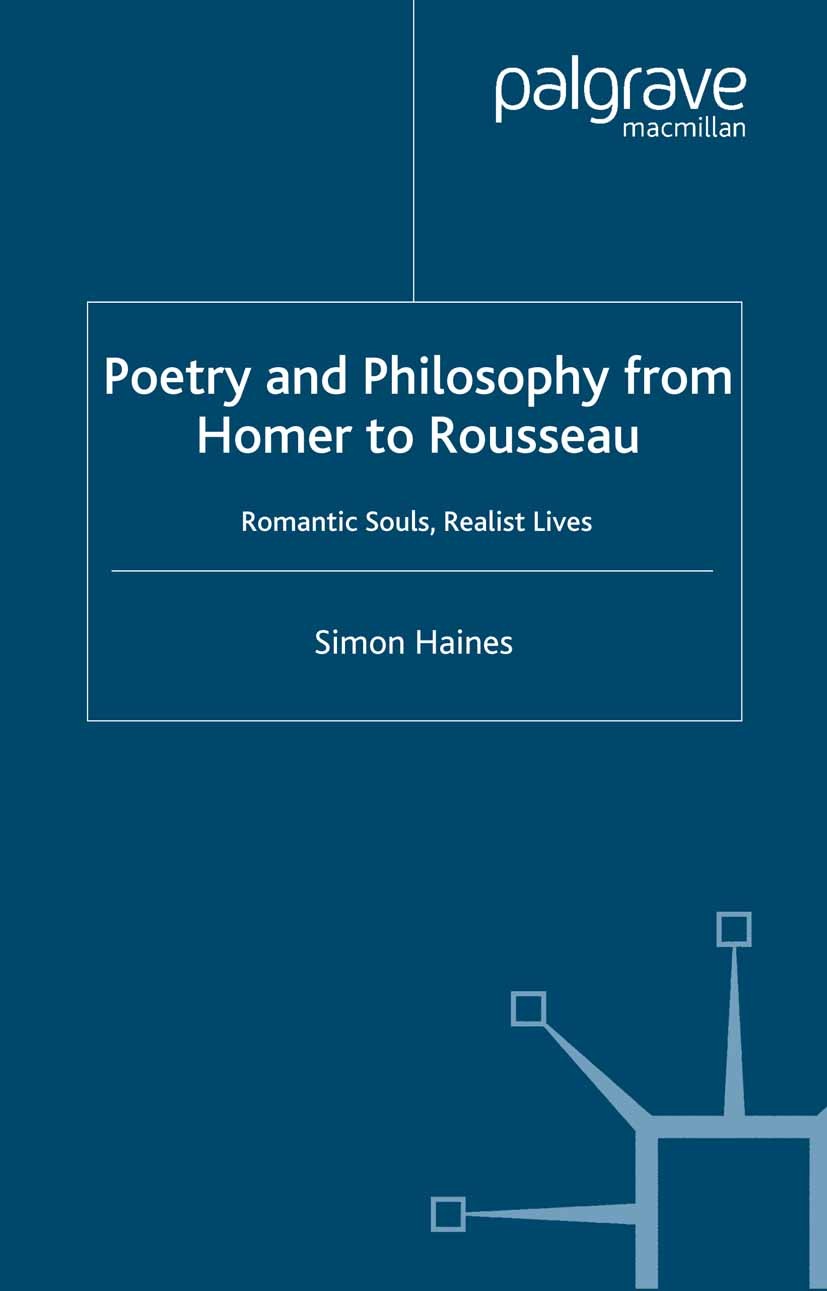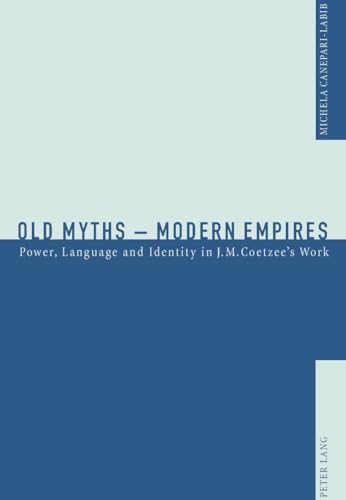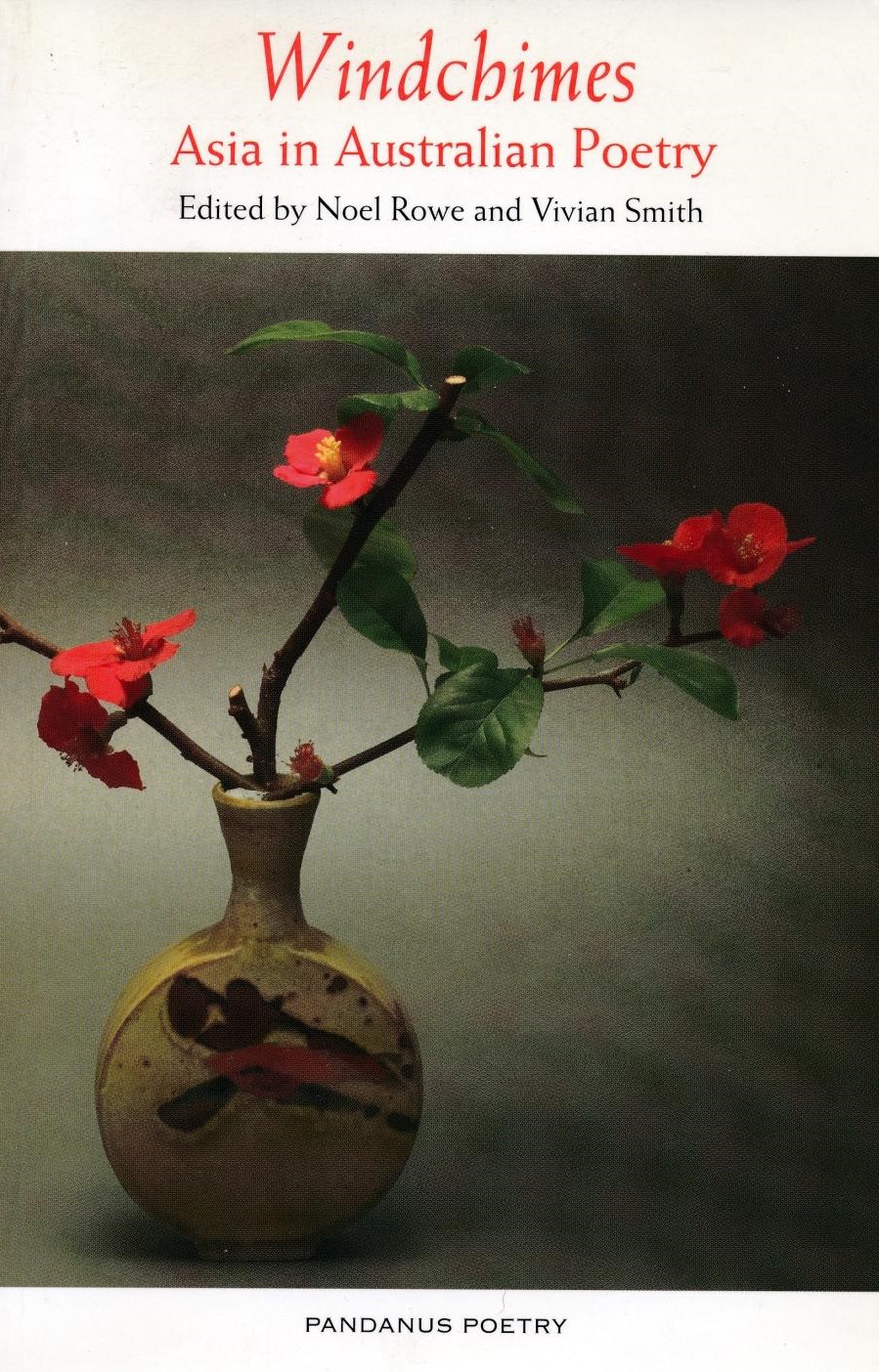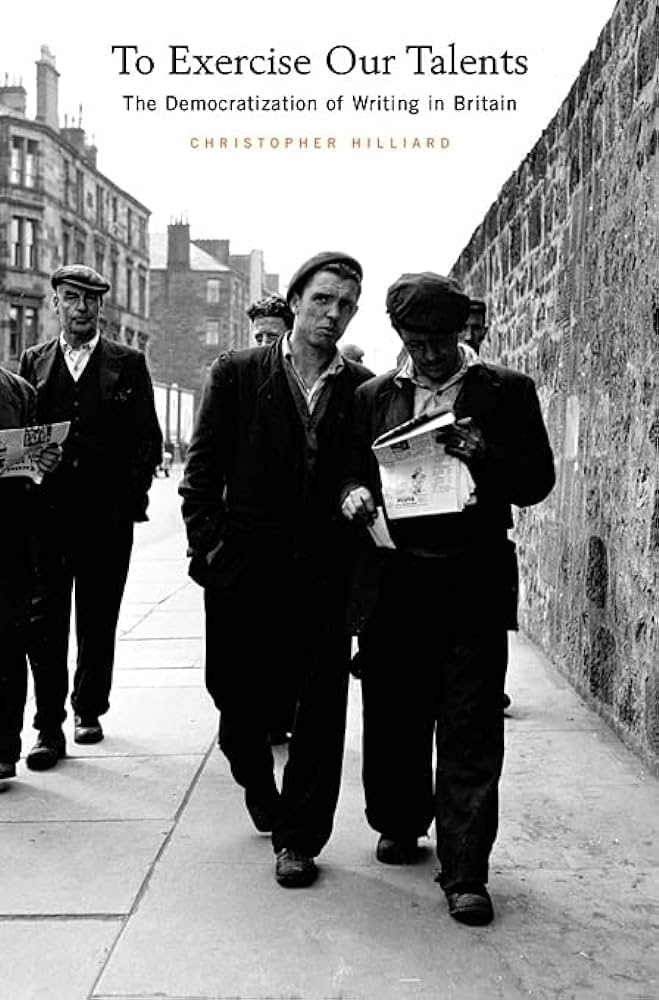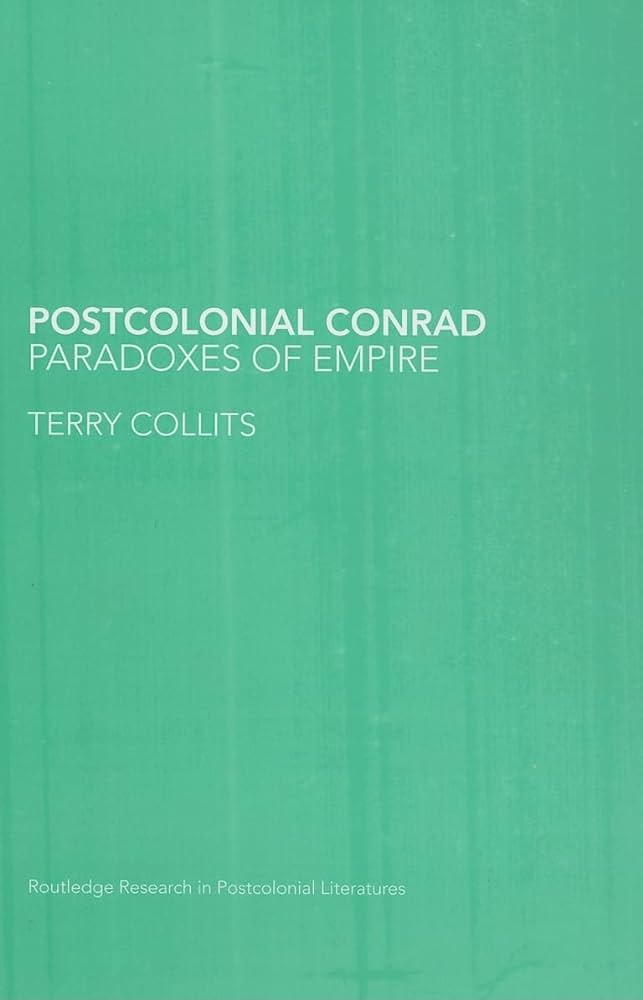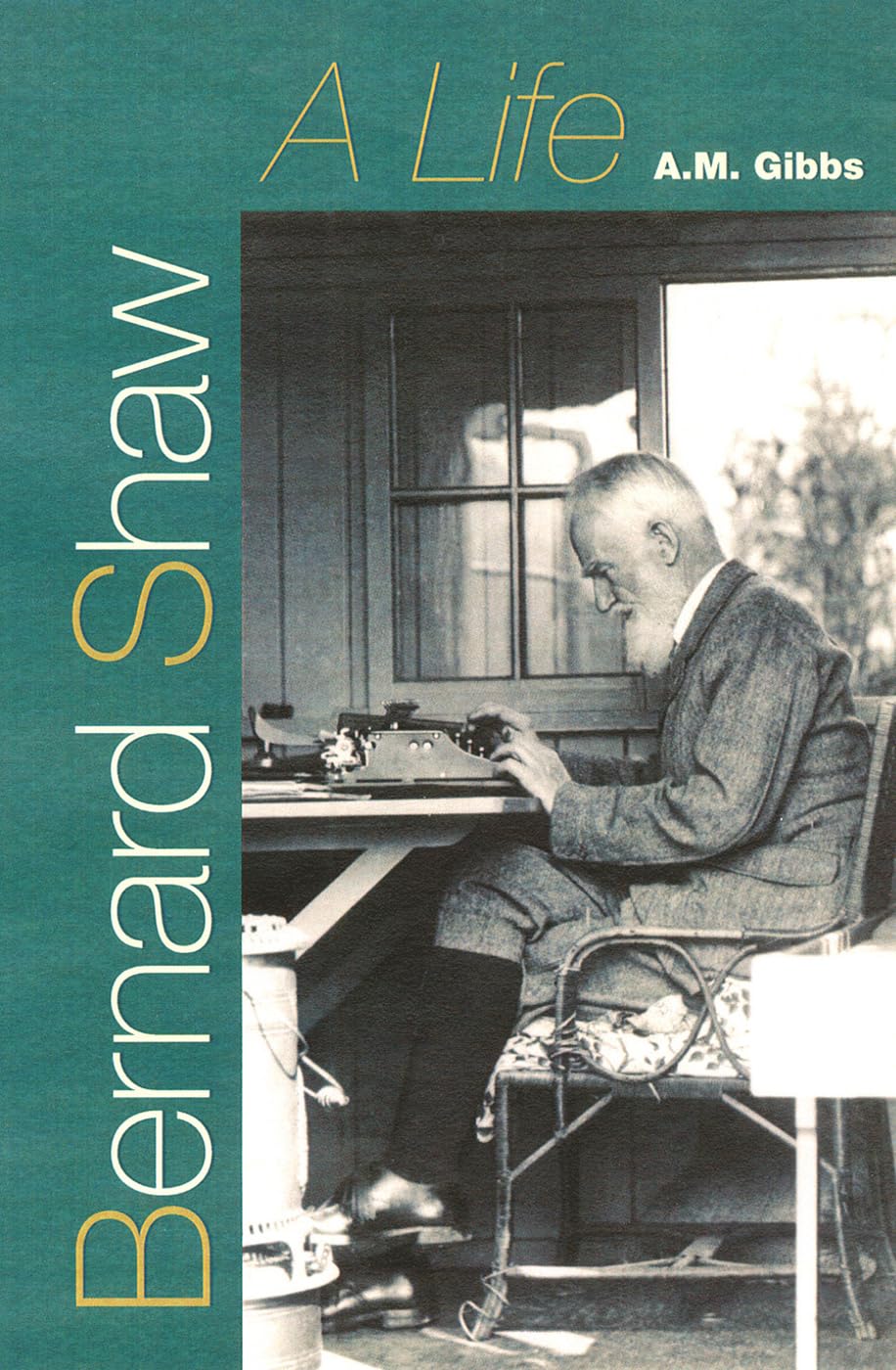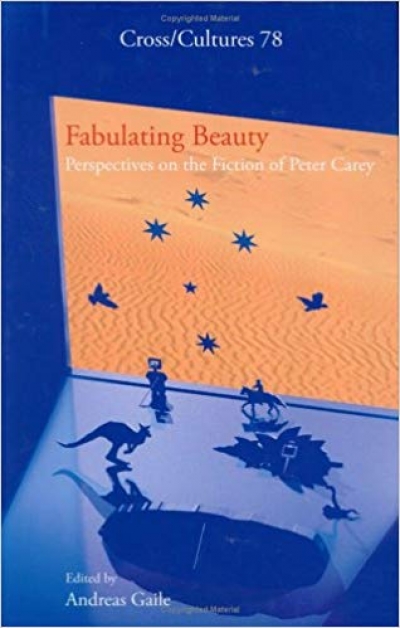Literary Studies
London Was Full of Rooms edited by Tully Barnett et al.
This digressive collection of essays, extracts, cartoons and poems is unified by an interest in colonial and post-colonial responses to London. It stems from a 2003 conference, ‘Writing London’, organised by Flinders University’s Centre for Research in the New Literatures in English (CRNLE). Part 1 focuses on the Malaysian writer Lee Kok Liang (1927–92), in particular his posthumously published and wry first novel, London Does Not Belong To Me (2003), from which this book takes its name: ‘London was full of rooms. I went from one to the other. Slowly I adjusted myself and lived the life of the troglodyte, learning the tribal customs of feints and apologies.’ Part 2 comprises examples of, and critical and scholarly essays relating to, literary, journalistic, artistic and cinematic responses to London (mostly by Australians).
... (read more)Dancing on Walter Benjamin’s grave, in this book, Michael Taussig is in some ways his reincarnation; born in Sydney in 1940, the same year that Benjamin, trying to escape the Nazis, died in Port Bou, on the edge of the Pyrenees. The dance that Taussig performs is of course a homage to the great intellectual: the most inspired thinker coming out of the Frankfurt school, the most uncompromising, and the most writerly and experimental. Benjamin was a broad thinker, in the best sense. He did not think and write for the benefit of a discipline, but he taught his readers to weave together understandings of contemporary culture, coupled with a Nietzschian sense of history shot through with the ‘profane illumination’ of ancient myths whose impulses always throb in human dreams.
... (read more)Poetry and Philosophy from Homer to Rousseau: Romantic souls, realist lives by Simon Haines
Simon Haines shot to prominence for an Op-Ed piece in The Australian (9 June 2006) that seemed to enter the lists on the conservative side of the debate about what they teach in English classes these days. If you read carefully, you could tell that the prominence was only going to be momentary, because Haines’s argument was far too nuanced to provoke and maintain the level of polarised hysteria the media appears to expect.
... (read more)Old Myths: Modern empires: power, language and identity in J.M. Coetzee’s work by Michela Canepari-Labib
Michela Canepari-Labib is an Italian scholar of English literature and cultural theory. In Old Myths: Modern Empires, she sets out to map J.M. Coetzee’s work onto the major cultural theories of the twentieth century. Coetzee is just as familiar as she with the theories, and no doubt they have had their influence. But anyone can write novels based on Freud and Lacan: what is missing from Canepari-Labib’s account is everything that makes Coetzee worth reading.
... (read more)Windchimes: Asia in Australian Poetry edited by Noel Rowe and Vivian Smith
All regions being regions of the mind, ‘Asia’ has had an especially unsettled and unsettling place in Australian thought. Australia has, in part, defined its own ‘occidental’ status with almost hysterical reference to its many ‘oriental’ neighbours. The putative border crisis of recent times, for instance, involved representing (mostly Middle Eastern and Asian) refugees as cashed-up ‘queue jumpers’ and potential terrorists who were ready to swamp our shores.
Asian ‘hordes’ have long been spectres haunting the Australian imagination. We see them in Windchimes, a marvellous anthology of ‘Asia in Australian Poetry’. But all of the usual suspects are present here, too: Asia as feminine and erotic; as terminally superstitious or spiritually enlightened; as a realm of pure aestheticism; as timeless or primitive; and as a region of war and warriors. All of these tropes, like the idea of ‘Asia’ itself (a region that supposedly ranges from China to Turkey), are as factitious as the notion that Asia is even a distinct continent. So far, so Edward Said, whose Orientalism (1978) made such observations postcolonial clichés. But if we consider the poetry of Australia as it reflects upon the idea of Asia, then we find an exciting literature that both maps and exceeds such tropes.
... (read more)To Exercise Our Talents: The democratization of writing in Britain by Christopher Hilliard
Once the prerogative of connoisseurs and bibliographers, the study of the book has become an increasingly popular field of cultural history. Earlier scholarship was concerned with rare and variant editions of canonical texts; recent work is more inclusive, comprehending a wide range of popular and ephemeral literature that extended the reach of print. Attention has turned from production to consumption, tracing the spread of literacy and analysing the changing interests of readers. Hence Martyn Lyons and Lucy Taksa’s Australian Readers Remember (1992) sits alongside a number of similar studies for other countries.
... (read more)Early last year, Phillip Adams interviewed the British author Pat Barker on his radio programme, Late Night Live. Pat Barker is a novelist who has journeyed into history, most famously in her Regeneration trilogy about World War I, where she fictionalises real, historical individuals. Adams asked her: ‘Which is better at getting at the truth? Fiction or history?’ Her answer was: ‘Oh, fiction every time.’ Barker is a novelist for whom violence and the fear of violence has been a recurrent, powerful theme. She argued that fiction allowed her to ‘slow down’ the horror so that she and her readers could think about it as it happened. In real life she felt that violence was often so swift and shocking that all one could do was recoil. Fiction gave her freedoms that helped her to convey truth.
... (read more)Through the significant cultural presence of Heart of Darkness, I am regularly confronted with the work of Joseph Conrad in my everyday life: an elephant in Disney’s Tarzan exclaims ‘the horror’ at the sight of a human camp; a young man reads the novella on a ship bound for Skull Island in the latest King Kong; and, during the fortnight while I am writing this review, Radio National is broadcasting a serialised reading of the novella each afternoon. In Postcolonial Conrad: Paradoxes of Empire, Terry Collits wonders ‘how … we may read and understand Conrad nowadays’. With so many cultural claims to just one Conradian text, such a question is timely.
... (read more)However respectful its intentions, literary biography invariably takes on the character of a siege, laid by oneself against another. Every biographical subject, unwittingly or not, builds fortifications to repulse such invaders, and George Bernard Shaw (1856–1950) was no exception. He did, however, adopt a characteristically sly defence. His castle was regularly open to the public. Inside, he would be on hand to guide visitors through its rooms, an amusing if distant squire, knowledgeably arguing the architectural merits of his own, not insubstantial, additions, and giving the punters their money’s-worth with polished tales of eccentricity, debt and alcoholism for each of the family portraits. He was both garrulous curator and living artefact in a museum of his own design.
... (read more)Fabulating Beauty: Perspectives on the fiction of Peter Carey edited by Andreas Gaile
In the last essay in this collection, Robert Macfarlane touches on the main reasons why Peter Carey’s novels ‘have proved so very attractive to academic exegetes’, in their combination of the postmodern and the postcolonial. Just how attractive is demonstrated in the sixty-page bibliography, which is sure to be one of the most used parts of Fabulating Beauty, especially by overseas readers without access to the invaluable AustLit. Editor Andreas Gaile, a young German academic, notes in his introduction that Carey is now ‘the most widely commented-on living Australian author’. While Patrick White is currently well ahead, with more than twice as many critical items published on his work, Carey is catching up fast. Visit any bookshop, whether in Melbourne, London, or New York, and you will of course find many more titles by Carey than by White. If, as Simon During has argued, White was the perfect novelist for those wishing to argue for the academic significance of Australian literature in the 1950s and 1960s, then Carey has just as obviously caught the dominant theoretical currents of the past thirty years. While Tim Winton may sell just as well and, if ‘favourite book’ polls are any guide, be more loved, no one has yet published a major critical study of his work.
... (read more)



